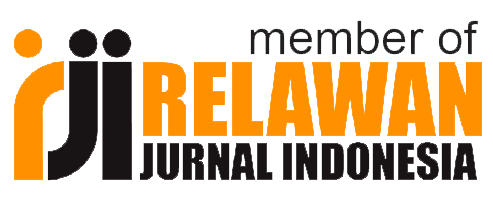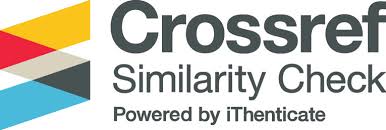Optimization of Polysorbate 80 and Sorbitan 80 Proportion in Formulation of Extract Ethyl Acetate Jengkol (Pithecollobium lobatum Benth) Leaves Antibacterial Cream by Factorial Design Method
Abstract
Jengkol leaves ethyl acetate extract shows to have antibacterial activity because it contains saponins, flavonoids and tannins. The use of jengkol leaves ethyl acetateextract directly assessed less well, so that it made cream preparations to make it more convenient to use. This study aimed to obtain the optimum formula of cream of jengkol leavesethyl acetate extract using additional materials polysorbate 80 and sorbitan 80 by Factorial Design method. The Jengkol leaves extract obtained by soxhletation using n-hexane solvent followed by ethyl acetate was then evaporated to obtain a viscous extract. Jengkol leaves extract ethyl asetat cream was made four made in four formulas based on factorial design method. The resulting cream conducted stability tests including organoleptic test, viscosity, adhesiveness, and dispersive power. Optimum formulation parameters based on physical properties, namely: viscosity, viscosity shift, and dispersive power, using Design Ease® Software version 7.1.6. Optimum formula was determined the physical properties and the data were analyzed using t-test. Antibacterial activity was tested by diffusion method.
Optimum formula cream of jengkol leaves ethyl acetate extract obtained from proportion polysorbate 80 of 0.44 g and sorbitan 80 of 1.15 g with the physical properties of the response of the optimum formula predictions and experimental result showed no significant difference. Optimum cream showed antibacterial activity presented as inhibition diameter of 14 mm after one day incubation, more potential than formulation 1 (12.8 mm), formulation A (13,8 mm), formulation B (13,2 mm), and formulation AB (13 mm) against Staphylococcus aureus bacteria.













